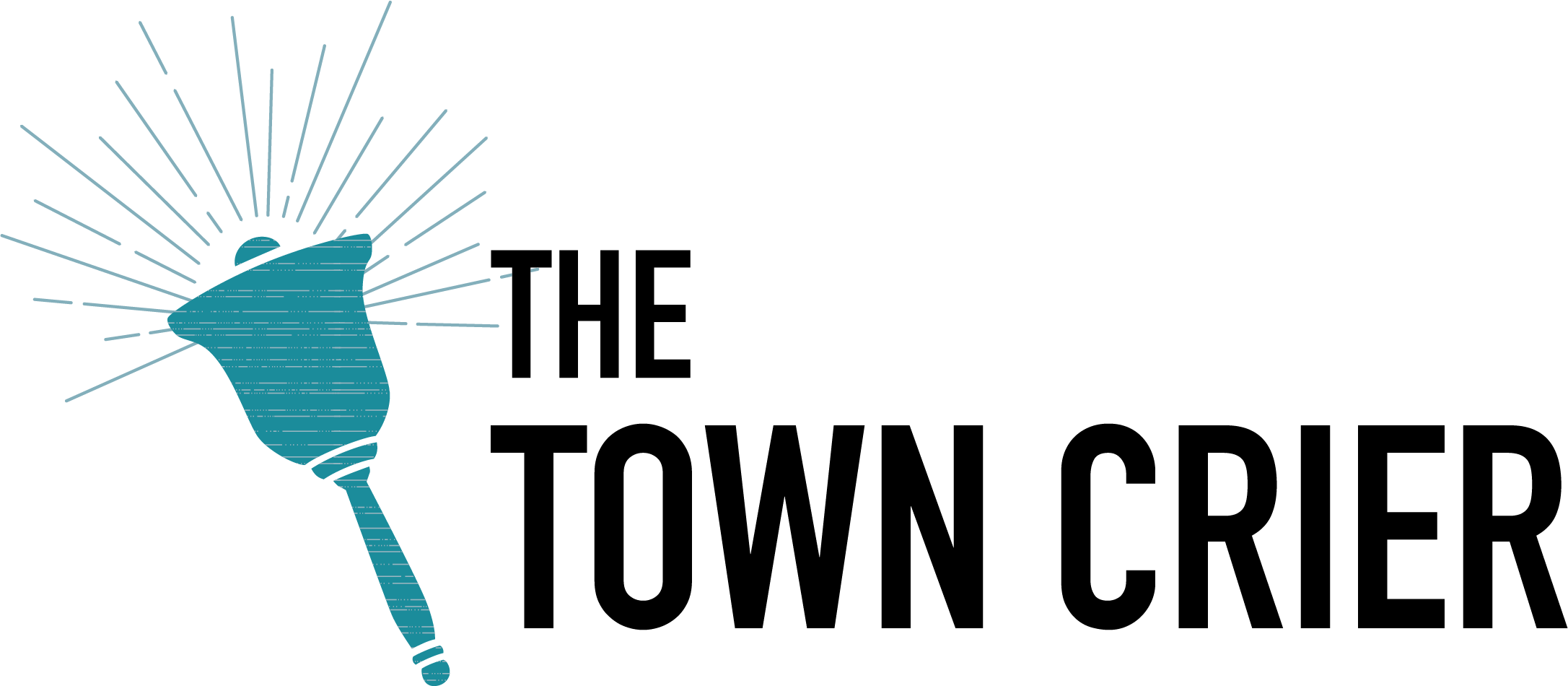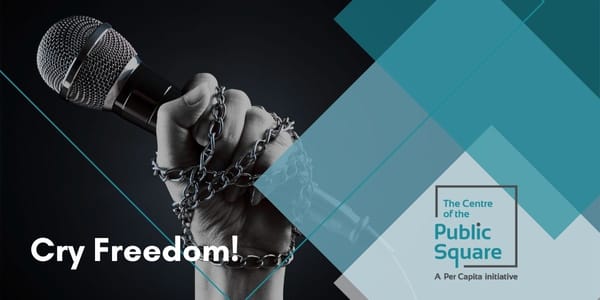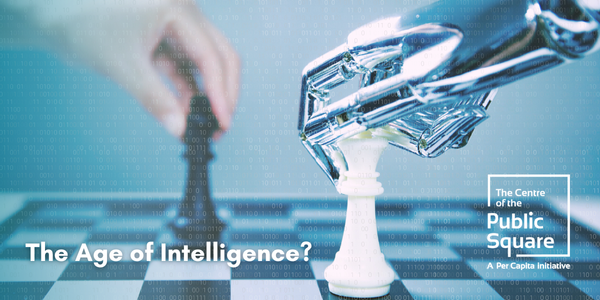Town Crier – Bumper Easter Edition
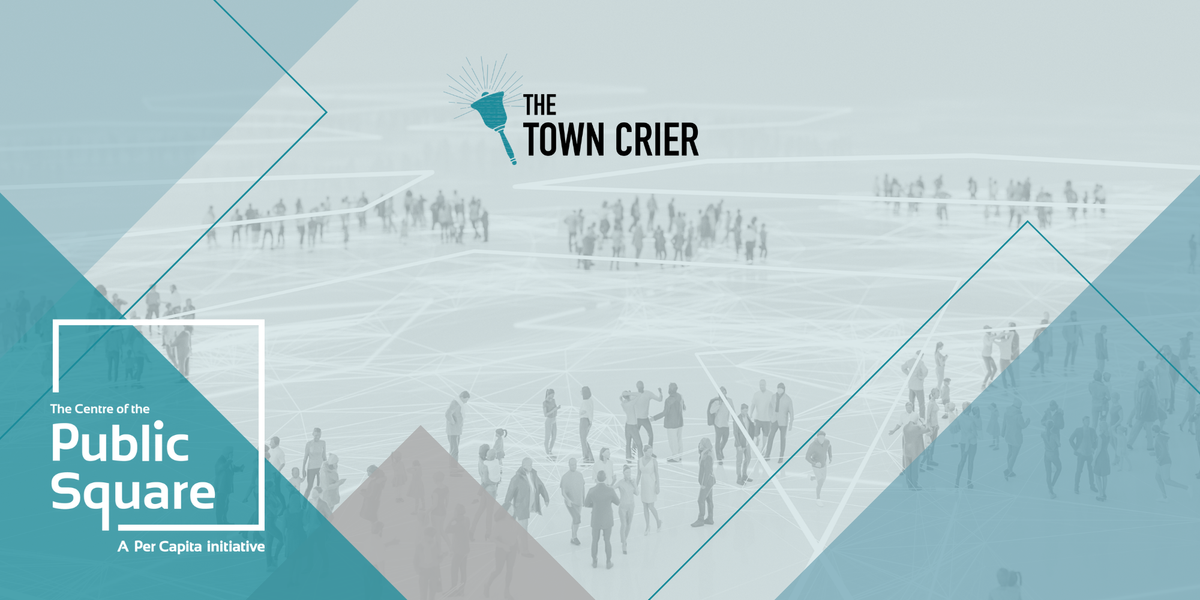
Hear ye, Hear ye,
This is a bumper holiday read. We're currently getting our production processes in place so we can publish more regularly around the Burning Platforms podcast. As we get this sorted, we can offer you link s to not one but two terrific discussions with my regular panelists Digital Rights Watch Chair Lizzie O’Shea and Health Engine CEO Dan Stinton.
We’ve been talking about the politics of tech since we started Zooming together during the pandemic and we’ve worked ourselves into a rhythm where Lizzie looks for the holes, Dan finds silver linings, and I realise how little I actually know. You can access our full Burning Platforms archive here.
Our plans are to revert these sessions back to live events where audience members can have a say in where discussion goes. If you sign up here we will put you on the invite list for our next live town hall.
In the meantime, we have two really interesting discussions to share with you. One on Meta’s threat to walk away from Australian journalism and the other about how AI is already being used to read the human mind. Both have a level of nuance and dare I say self-reflection, which you won’t find in many other tech commentaries.
The Code 2.0
In our March 14 episode, we got together with Swinburne media lecturer Belinda Barnet who (like me) was one of the more vocal civil society advocates of the original News Media Bargaining Code.
I want to say a few things about the Code, which was a recommendation from the 2019 ACCC Digital Platforms Inquiry.
· First, the fact that Australia found a way to force Google and Facebook/Meta (who minimise their tax to basically zero by booking profits in tax havens) to contribute real money into Australian media was a really good thing.
· But because of the nature of the commercial deals it’s hard to track what was actually done with this money. In his time with Guardian Australia, we know Dan invested heavily in the newsroom. But we also suspect other media companies pumped up their share price (they would argue so as not to have to cut staff) while others used the money to reinvent themselves as, eh, digital platforms.
· Because of this, we also saw media companies beginning to take on the policy agenda of Big Tech to support their new business models. The position of many of the media companies has been to pocket the Code money but stand in the way of the broader reform agenda laid out by Rod Simms which including a much-needed update of privacy laws, disinformation codes and greater funding for public interest journalism.
We go over a fair amount of this territory in the podcast, but the point I really want to emphasise is that without a comprehensive platform reform agenda the Code is simply a transaction between one powerful industry and another. The tragedy is that broader agenda is hiding in plain sight.
You can listen to the full recording here.
Or watch it on You Tube, here.
Mind Reading For Dummies- 26-03-2024
Our March 26 recording featured UTS academic Michael Blumstein who is an unashamed tech optimist, a lifelong computer scientist who has ridden the develop of AI from the 1980s to the current boom.
We have a great conversation with Michael where he puts forward the optimistic case for AI technology and talks us through the work he is doing with technology that literally reads minds, sending the panel down some curious moral pathways around sentience and clean thoughts.
While Michael’s enthusiasm is infectious, it does seem to assume every technologist is as publicly minded as he is. I mean, mind-reading AI – what could possibly go wrong?
Listen below.
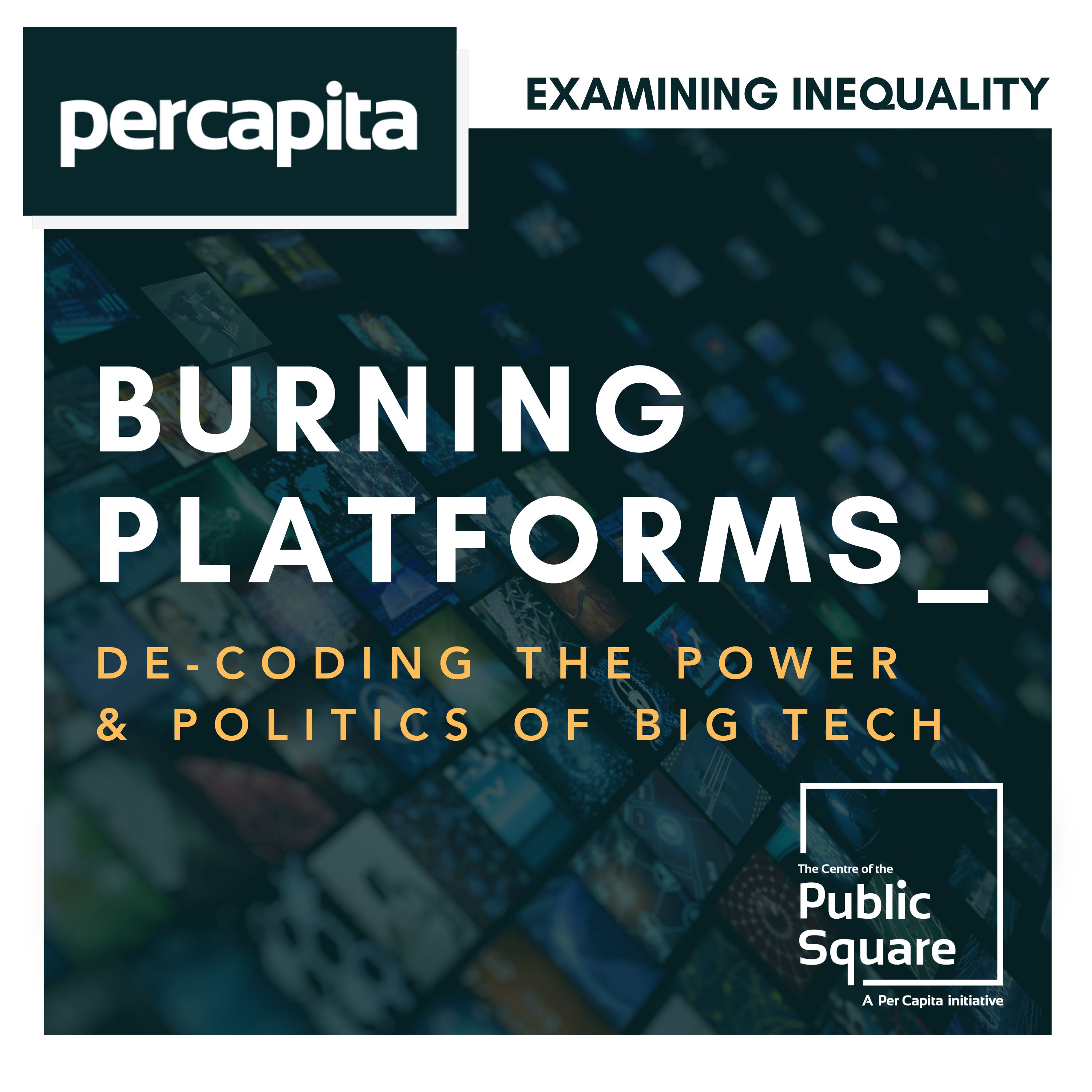
Or watch the episode.
Policy Updates:
Posting and Boasting – The old adage if you can make something rhyme it will land well with the punters, will be tested by laws proposed by both the federal Opposition and the NSW governments. The NSW laws are part of an awful package of reforms to address ‘youth ‘ (read, indigenous) crime in regional areas by reversing the presumption of bail and loading up charges with these gratuitous social media add-ons.
Game-changing reforms in the EU – The European Union has just announced major investigations in to the market power of Apple, Meta and Google deploying its new Digital Markets Act which empowers regulate to look at future market concentration, rather than simply closing the gate after the anti-trust horse has bolted. This will have potentially global impacts on the ‘gatekeeper’ models of the major platforms.
Meanwhile, the ACCC has announced it will have a fresh look at the way search operates in Australia. If you want more info you can Google it!
A Birthday Wish: And marking the Web’s 35th birthday (which makes me feel really, really old) Tim Berners-Lee has issued a message to the world through his Foundation. Berner-Lee says he’s alarmed at the concentration of power online, as well as the expanded market in personal information. Building on his ‘Contract with the Web’ issued five years ago, calls for the development of personal data stores, through his Solid Protocol.
Worth clicking:
The politics of dopamine – interesting response to a compelling thesis that dopamine is infecting the away we consume culture.
Banning TikTok – a compelling argument that if the US were serious about protecting citizen data from foreign manipulation they’d strengthen privacy laws rather than banning TikTok.
Song Sung Blue: How AI is powering musical composition – and will it kill the rock star?
